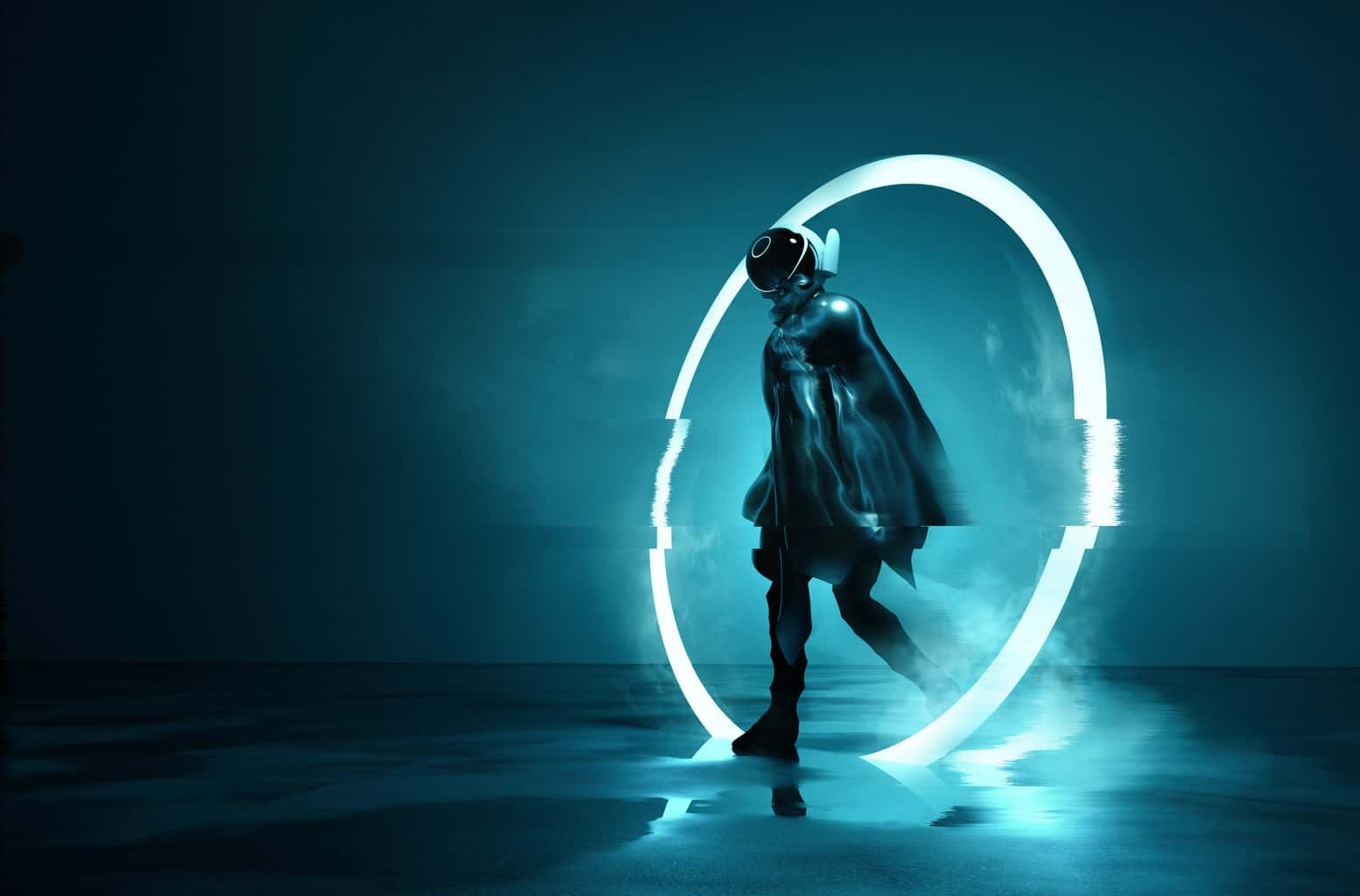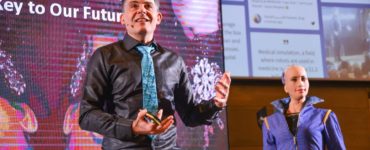Originally posted on October 1, 2018 by Neil Sahota, Contributor for Forbes.
Forbes — “Our technology, our machines, is part of our humanity,” author, computer scientist, and inventor Ray Kurzweil once said. “We created them to extend ourselves, and that is what is unique about human beings.” In the past few years, there has been considerable discussion around the idea we are slowly merging with our technology, that we are becoming transhuman, with updated abilities, including enhanced intelligence, strength, and awareness.
“If a caveman came into the modern world, he would be astounded at how symbiotic we are with the various machines we use. We use cars to get from point A to point B and air conditioners to regulate our temperature. In Hong Kong at least, you never see anyone who’s not holding a phone in their hand and staring at it.” Ben Goertzel, SingularityNET
Considering Kurzweil’s words is a good place to begin this discussion. It’s no secret that Google has transhumanistic aspirations. In 2011, Steven Levy made this bold statement about the company in the book, In the Plex: “From the very start, its founders saw Google as a vehicle to realize the dream of artificial intelligence in augmenting humanity.” Naturally, it makes sense Google would bring on Kurzweil to be its Director of Engineering in 2012. For years, Kurzweil has been pushing the cultural conversation toward the idea of human transcendence with thought-provoking books: The Age of Spiritual Machines and The Singularity is Near: When Humans Transcend Biology.
by Neil Sahota, Contributor, Forbes
Image: Adobe Stock






Recent Comments